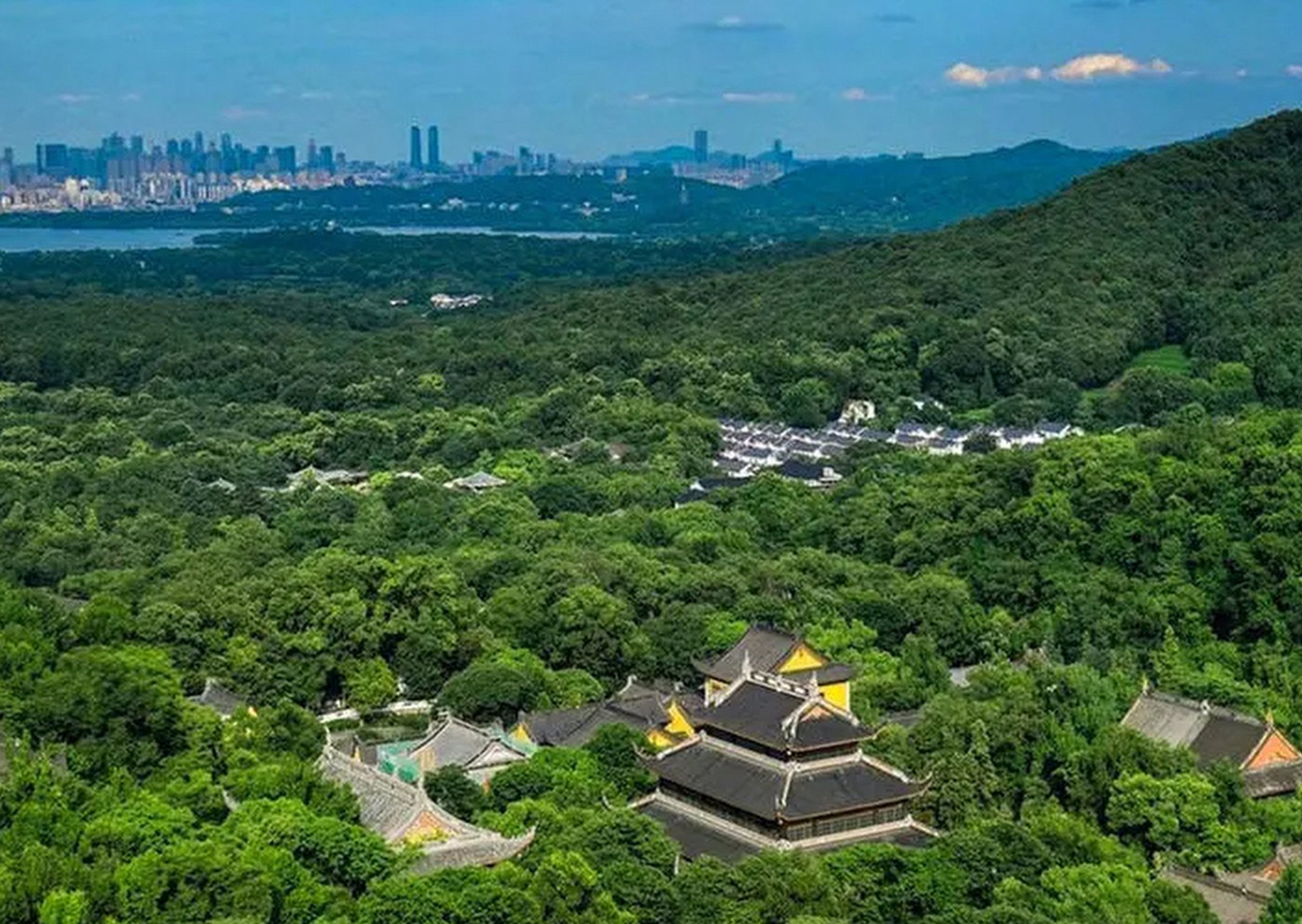
NO PHONES CHINA ‘JUNGLE EXPERIENCE’ AT BUDDHIST TEMPLE HELPS DE-STRESS PARTICIPANTS
- Dozens of young people in China undergo 'authentic' Buddhist monk experience in temple set in lush countryside
A Buddhist temple in China with more than 1,700 years of history is offering young people a seven-day living experience, on one condition, no phones are allowed.
The Lingyin Temple, or Temple of the Soul Retreat, in Hangzhou in eastern China's Zhejiang province, used its social media account to invite people aged between 23 and 30 to try a week's "jungle life experience" next month.
It promises participants an immersive experience.
Do you have questions about the biggest topics and trends from around the world? Get the answers with SCMP Knowledge, our new platform of curated content with explainers, FAQs, analyses and infographics brought to you by our award-winning team.
However, everyone involved must surrender their mobile phones when they arrive and will not have them returned until the seven days are up.
They also need to do everything as instructed and not act independently, according to the post.
Despite the demanding expectations, the temple said that all the places were snapped up within 24 hours.
The temple was founded during the Eastern Jin dynasty (317-420).
It was deemed one of the five most important temples of the Chan sect, south of the Yangtze River, during the Southern Song dynasty (1127-1279).
It is located in a lush, mountainous area, hence the "jungle life" tag for the experience.
In recent years, temple visiting has become a new trend among China's young, who hope praying to Buddhas and deities will solve their problems and offer consolation.
Some young people also become volunteers at temples so they can try a simpler lifestyle.
Xiaoji, 24, came from Chongqing municipality in southwestern China, about 1,600km away, to join the activity last year, said: "A week without a mobile phone has deeply relieved the pressure in my life."
She said about 50 people from across the country were selected for the experience. They were mostly students due to the age limit.
Xiaoji said they only needed to pay for transport from their homes to the temple - everything else was included.
They were provided with Buddhist classics to read, were required to get up at 5.20 every morning, listen to the monks chanting sutras, recite some themselves and learn temple etiquette.
"It helped me calm down," she added.
More Articles from SCMP
Hong Kong medical volunteer veterans of Gaza say they will go back, despite war conditions
Teenager with autism sent to rehab for vandalising Hong Kong band Beyond singer’s grave
Saudi ETFs make winning China debut as financial ties with Middle East strengthen
Hong Kong primary schools urged to avoid arranging exams after long holidays
This article originally appeared on the South China Morning Post (www.scmp.com), the leading news media reporting on China and Asia.
Copyright (c) 2024. South China Morning Post Publishers Ltd. All rights reserved.
2024-07-16T08:24:37Z dg43tfdfdgfd